The expression may sound alarming but "geriatric pregnancy" is simply a medical term for pregnancies in women aged 35 and above. Over time, this has evoked fear and concern due to increased health risks. However, it's important to understand that these risks do not define every pregnancy; many women in this age group go on to have perfectly healthy pregnancies and babies. Today, with growing awareness, healthcare providers are advocating for less stigmatising language. Rather than focusing on age-related risks alone, the emphasis is shifting to individual care.
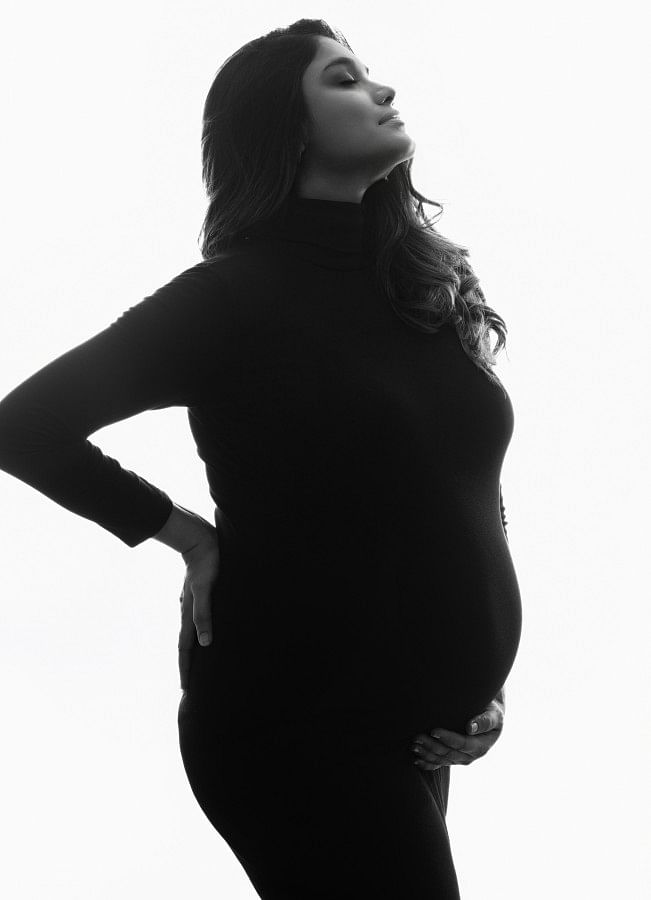
Medical advances and improved outcomes
Advancements in maternal healthcare have been life-changing for women over 35. Regular screenings, genetic testing, and prenatal care have improved outcomes, making it safer for women in their late 30s and beyond to conceive. According to an expert at the Cleveland Clinic, chances of having a healthy baby are still much higher than the chance of a miscarriage, between ages 35 to 40.
"I conceived at 38 years of age," shares entrepreneur and mother of three, Nurjahan Ajanee. "Except for one very discouraging doctor, everyone cheered me along throughout my pregnancy. Besides having to take some additional tests to make sure my child was not at risk of Down syndrome, it was a routine, full-term pregnancy."
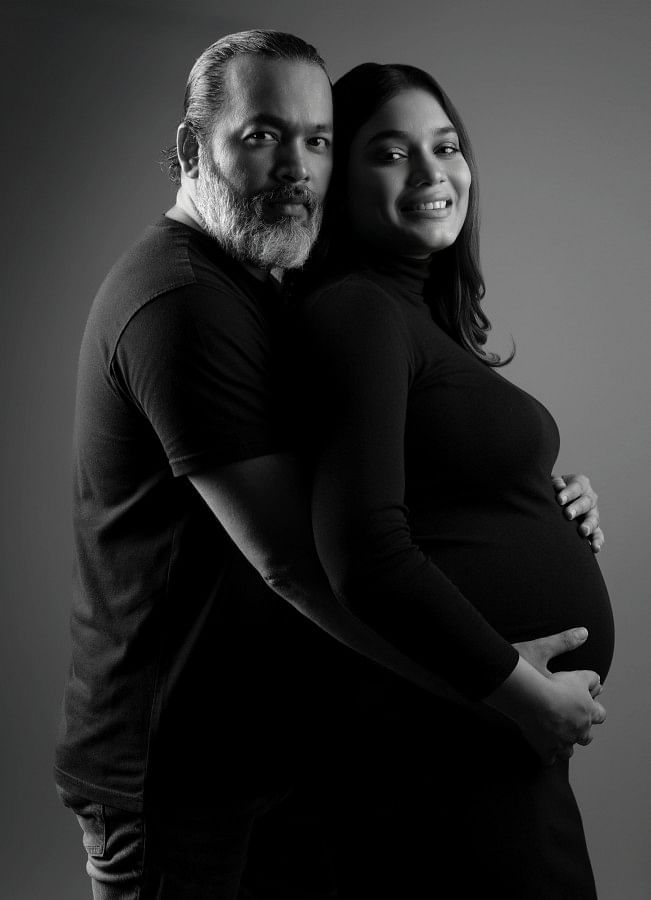
While the likelihood of complications such as gestational diabetes, pre-eclampsia, and chromosomal abnormalities increases with age, the ability to manage these risks has also improved.
Moreover, fertility treatments, including IVF, have allowed many women to achieve pregnancy even when natural conception is challenging. The use of assisted reproductive technology has expanded options for aspiring mothers beyond a certain age.
Healthy habits matter
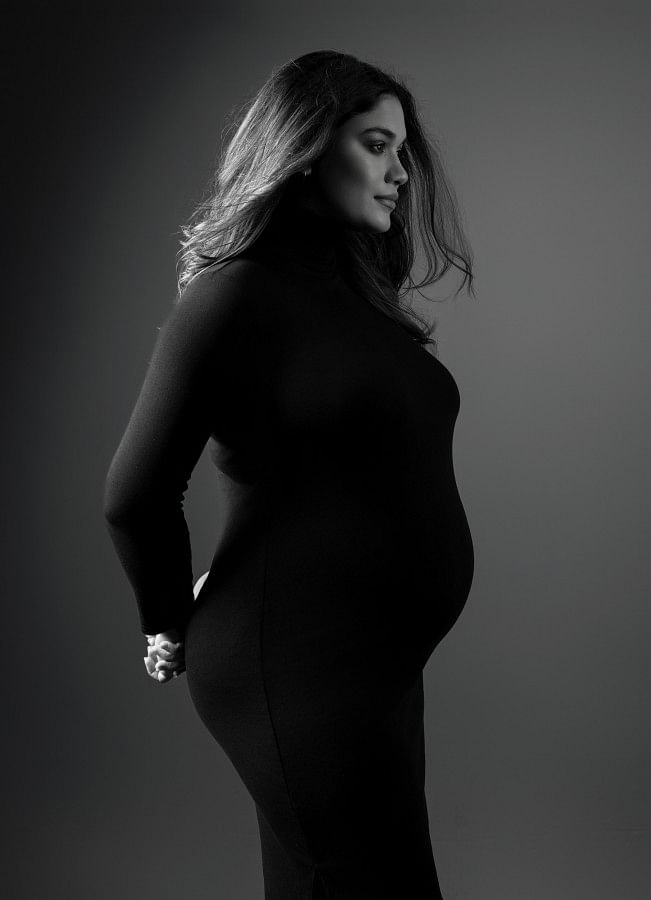
A way one can have a successful pregnancy after 35 is by maintaining healthy lifestyle practices before and during pregnancy. Regular exercise, a balanced diet, and avoiding harmful substances like tobacco and alcohol can significantly reduce the risk of complications at any age. Staying informed through regular check-ups can help even further.
Managing stress and having a strong support system are equally important during this period. Many women who experience successful late pregnancies thank their mental well-being and emotional resilience as key factors in their journey.
Changing attitudes and positive narratives
Societal perceptions of "older" motherhood are shifting. Women are increasingly empowered to make informed decisions about their reproductive health and there is growing recognition that age does not dictate a woman's ability to be a loving and capable parent.
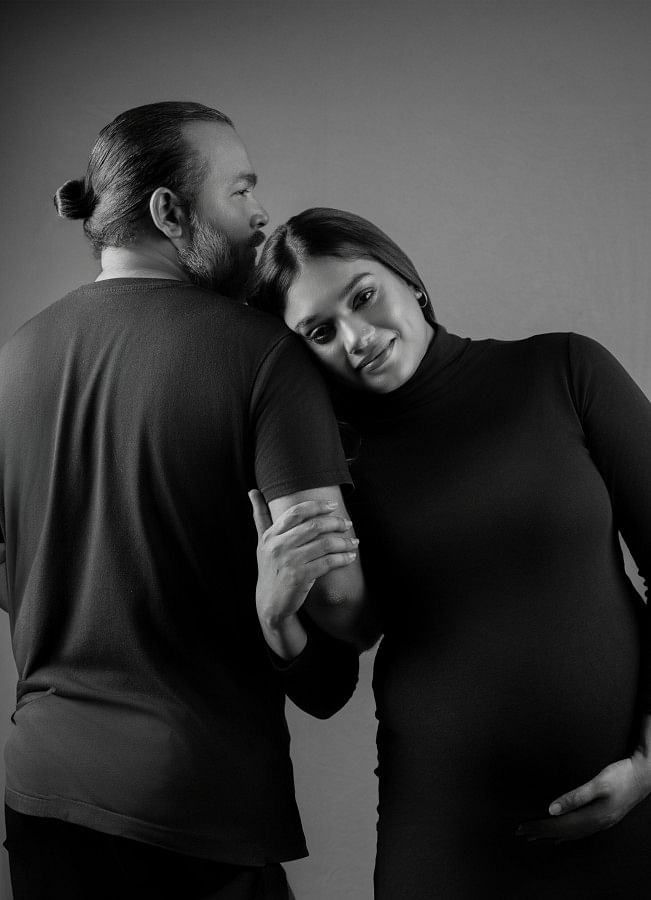
Mustahena Nawar, another entrepreneur, had her third child at 40. "My first two children are smart, but I think my third one is the smartest of them all. I believe that when the mother has achieved good things in life and harbours no inhibitions regarding getting pregnant, the child thrives. It does not hurt that a mother is fully matured by then. I'm no doctor but I'm sure that maturity adds value to the child's mental and physical health in the womb."
While pregnancy after 35 may once have been viewed with trepidation and continues to be a road paved with unique challenges, it is also filled with hope. With access to modern healthcare, a supportive community, and a commitment to healthy living, the dream of motherhood can become a reality at any age.










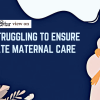
Comments